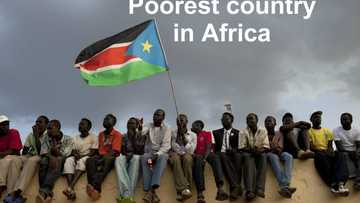Poor power supply in Nigeria: what is the reason?
The poor power supply in Nigeria kills the nation! In 2017, Nigeria was named the second worst nation in the world. The Vanguard reports that this country managed to drop the production to 3,851 megawatts. What should Nigerians expect from the power generation in their country? Continue reading to find out more!
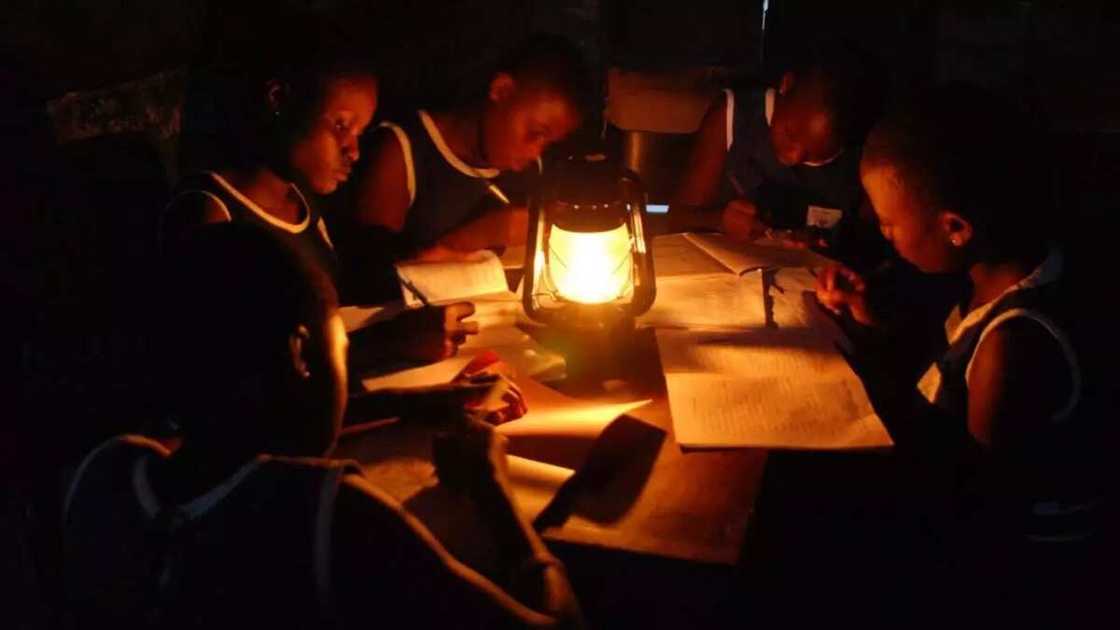
The second worst in the world!
According to the Spectator Index, Nigeria can be named the second worst country in the world by the power supply. Amongst the 137 countries, Nigeria was named the second after Yemen. According to the reports provided by the Electricity Generating Companies, the average power supply is 3, 851 MW. The peak averaged power supply was fixed in January 2017 and was around 4, 425 MW.
Further than Lagos
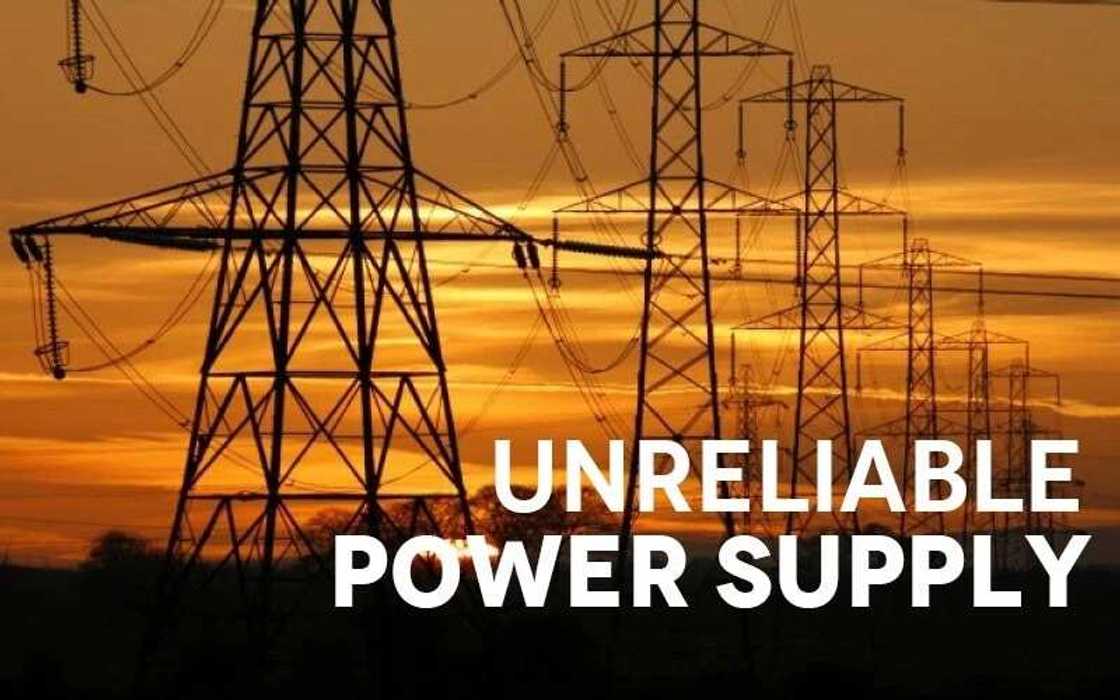
Out of the farthest reaches of Lagos, you may see the real problem of unstable power supply in Nigeria. The largest cities of the country are provided with the majority of the power and energy, and there are no significant changes to this situation. What can be changed about this situation for today?
Poor Power Supply Background
Until the reforms in power sector of Nigeria in 2005, the transmission of the energy into houses was the sole problem of the Nigerian Federal Government. Since 2005, the whole sector was privatized, and now it’s the sole responsibility for them.
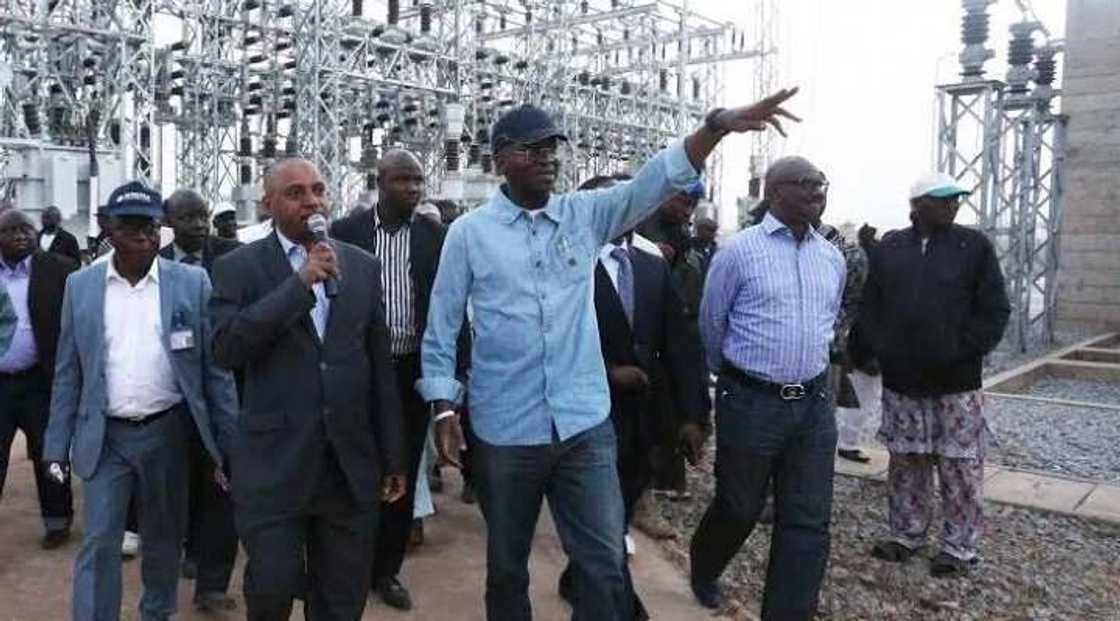
READ ALSO: How long does it take to get a Canadian student visa in Nigeria?
In 2012, Nigeria generated approximately 5,000 MW of power for the population of over 150 million people. You may compare this situation with the second largest economy in Africa which is South Africa which produces over 40,000 MW of energy for 62 million people. The main problem is provided with the private generators that can’t reach the full capacity of their potential.
The current state of energy production in Nigeria
For today, Nigeria provides its energy through the four main sources: coal, hydro, oil and natural gas. The whole energy sector is dependent on the petroleum which slows down the development of alternative forms of energy.
1. Coal

Coal provides around 0.4% of energy output in Nigeria. The country is rich in coal. Therefore, it makes coal a relatively easy energy source as we Nigeria have access to this resources. Moreover, the extraction of coal is also a pretty easy process.
Nevertheless, this kind of energy production has the greatest impact on the environment. The main problem is when the coal is burning it emits high emissions of black carbon into the atmosphere which has light absorbing qualities.
The current policy around the world disapproves the carbon discharges into the atmosphere. It’s one of the main causes of the greenhouse effect, and it harms more than helps. Nigeria today is on the way for the cleaner energy.
2. Oil
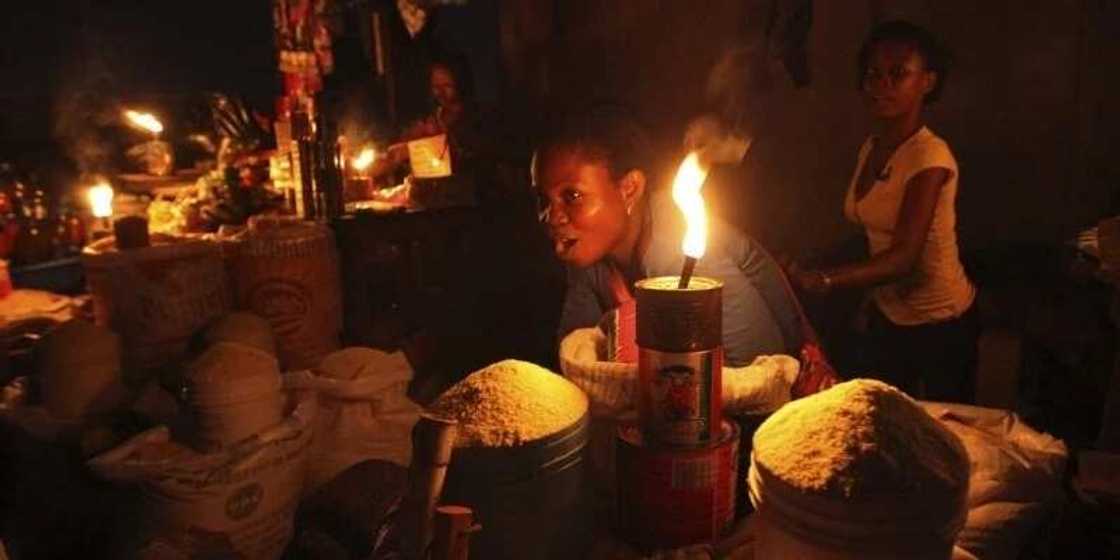
Nigeria has the largest supply of oil in Africa. It’s also considered to be the seventh largest oil country in the world. Therefore, oil is made to provide around 24,8% of power supply in Nigeria!
Nevertheless, the environmental impact of this energy source is also devastating in every way. Do not forget about sabotage of oil pipes that was a killer for the Nigerian economy a few years ago. It also provided the land and water pollution. It now needs billions of dollars to undo the damage. The emissions from burning oil also provide a great problem for the environment.
There are barriers, like the lack of oil control in Nigeria that makes oil the serious problem for people. Therefore, shortages of oil may also be provided by the human factor.
3. Natural Gas
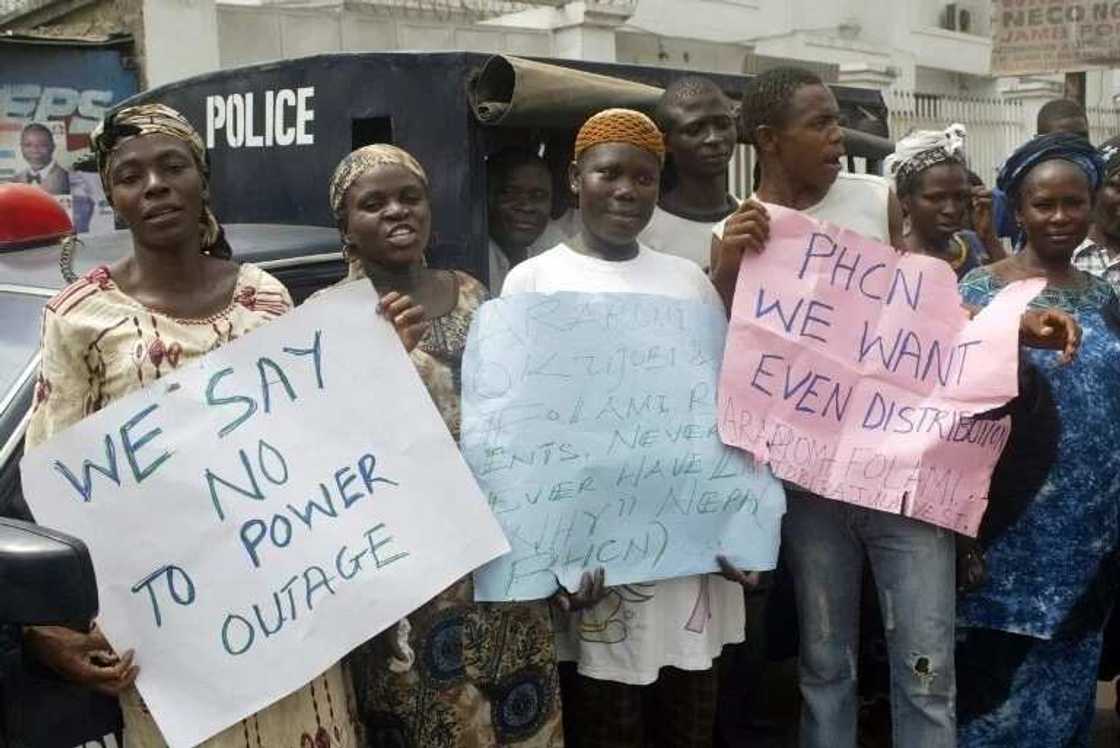
Natural gas provides about 39,8% of energy for Nigerians. It’s now being mined by the great amount of fracking. It seems to be one of the main problems that produce greenhouse effect for the country. The great number of emission is provided by the natural gas which does not benefit the environment.
The leakage of a great amount of natural gas into the atmosphere is a strong signal for the greenhouse effect. The natural gas is easy and cheap. It can actually solve the problem with the poor power supply in Nigeria, but for what price?
4. Hydro
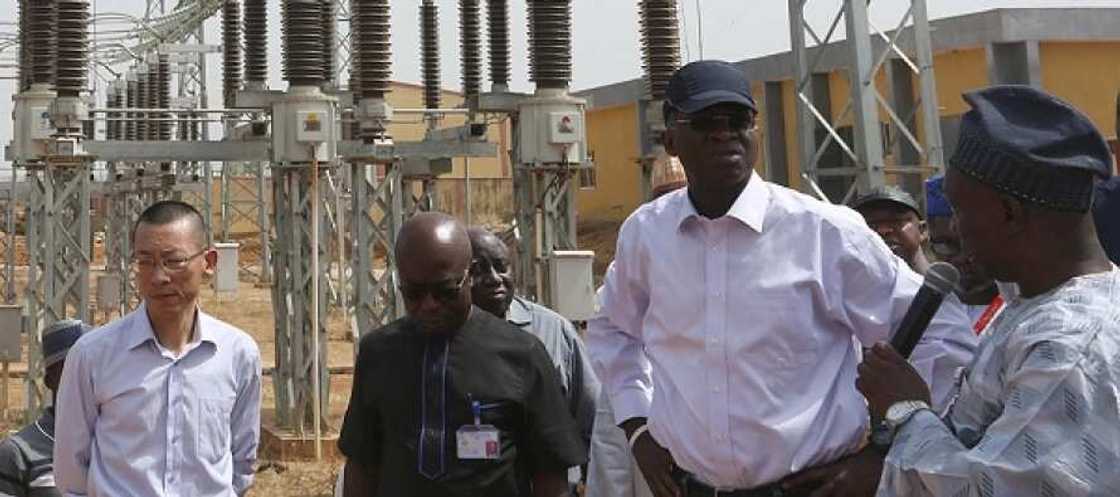
Hydro is provided to be the most environmentally friendly option for Nigeria. It provides around 35,6% of energy for the country. Nevertheless, carbon dioxide and methane are also a part of hydroelectric stations that can’t be hidden. Therefore, it might also be problematic for the environment. At the same time, hydroelectric disrupts the water level in rivers, and this makes them get out of their banks which leads to the buildings damaged.
Power issue in Nigeria

The irregular power supply in Nigeria is a constant problem for the rural areas of the country. About one year ago, the Minister of Power, reported about the shortage of power up to 6,000 MW, where Nigeria needed about 12,000 MW.
The main problem with the insufficient electricity managing was provided to be the uncontrolled spending of money. What was done to improve the situation? For the last year, Nigeria constructed several plants in rural areas of the country, but they don’t seem to be working properly.
Even together with existing plants they can’t provide promised 6,000 MW of energy. Therefore, Nigeria can’t produce enough energy to satisfy all needs of its citizens.
Conclusion
Nigeria is called the second poorest power supply country in the world. The situation is really out of control for today. Still, there is always a bright future. The main idea is to concentrate on the renewable sources of energy which can drastically change the situation and promote better energy output for the country.
READ ALSO: Kajuru castle Kaduna history
Source: Legit.ng


